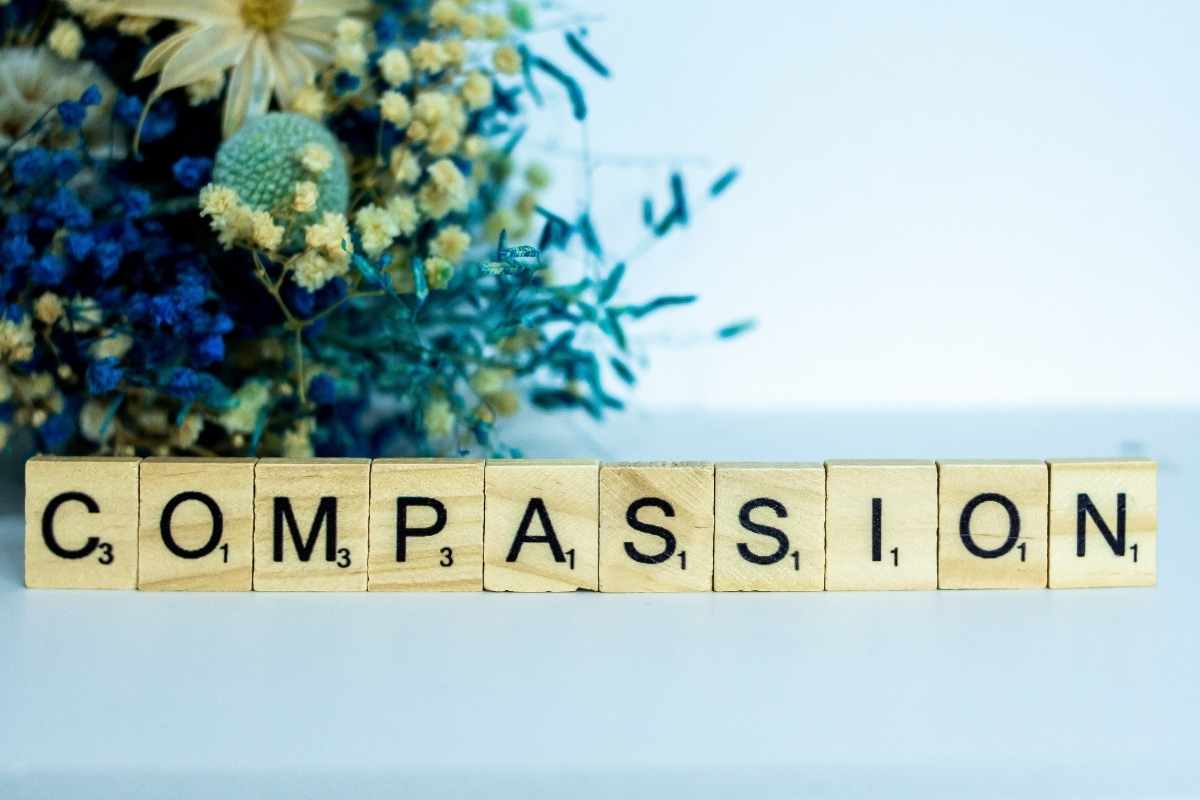April 1, 2018
1. Introduction to the Couples Journal & Communication Exercises
Written by Rachel Eddins
Posted in Tools & Exercises and with tags: Couples & Marriage, couples journal exercises
 Introduction to the Couples Journal & Communication Exercises
Introduction to the Couples Journal & Communication Exercises
The fact that you are struggling in your relationship, and through the decision you have made to seek help, presents you with a unique opportunity to transform your life together into a miraculous journey. There is nothing more important than the quality of your relationship. When your relationship is solid, when you are loving and feeling loved and secure, you have a base from which you can grow and expand in other areas of your life.
The following couples journaling exercises are intended to be a companion to your work in couples therapy.
To get the most out of this program, it is essential that you put your relationship at highest priority for the next 3-4 months. This program works but only if you put your heart and soul into it. To take this experience casually, or to expect that something is going to be done for you without you doing the necessary self reflection and honest self evaluation will only lead to modest gains if any at all.
For many of us, we are still anchored to the past— relationships, events, circumstances and emotions—that we haven’t finished or completed. Without being aware of it, we are responding to the world in the present as if we were still back there. This means that some of the time, we might be responding to our partner as if they were someone from our past. Or reacting to something in the present with the intensity of a situation from the past.
Reactivity, especially with intense emotion, is often a sign that we are triggered by something from the past. Journal work helps you to recognize and let go of the past and respond to your partner in the present.
Then, you can begin to focus on your goals and the life you want to create for yourself and with your partner.
There are two parts to the couples program, both help you maximize the benefit for your relationship:
1. Writing out your thoughts and feelings.
The couples journal exercises help you to know and understand yourself on deeper levels which is an essential condition for the growth of your relationship. Through journaling, you open up new possibilities for communication.
When you are writing out your thoughts and feelings you connect with your inner world, which can vulnerable for some. That is OK and you are not alone. But the value in moving forward is to eliminate the barriers to your own happiness and fulfillment.
One of the greatest resistance to putting our thoughts and feelings down on paper is the fear of being “discovered” by someone else, and so we tend to fudge on our honesty with ourselves. We don’t want anyone else to know “how or who we really are” and so we fail to really get to know ourselves.
Without honest self awareness you will tend to turn your feelings into judgments, criticisms, accusations and blame, none of which will further the love that you desire to create. Start by getting an 8½ by 11 notebook that you can call your “personal journal” to complete the couples journaling exercises.
2. Couples Therapy Helps You Improve Communication
The second part is meeting together with you and your partner in couples therapy to help you develop your capacity for open, honest communication. Here is where you will learn to share your feelings, needs and wants
but from a “different place” than before.
You will learn to let go of the habitual need to dominate, control, criticize, judge, accuse, avoid and blame which is toxic to you and your relationship. When you can learn to share your feelings from a place of personal responsibility you have the basis to turn any negative feeling or situation into a loving encounter. Any upset (and you will continue to have them) can either be shared and talked about or you can turn it into control or avoidance.
When you are able to talk through feelings and reach “emotional closure” you won’t accumulate baggage that tends to contaminate other parts of your life and relationship.
Overview of the Couples Journal Exercises
The following posts / exercises in this series are intended to be completed in numerical order to guide you through an awareness process. The first part is gaining an overview of where you are now, how you got here and where the trouble spots are. Stepping back can help you see your situation from a different perspective, which is the key to finding new solutions.
Journaling will help you to “step outside” of your emotions and thoughts and see them for what they are—emotions and thoughts! As you learn to observe your thoughts and feelings you will learn to take charge of your inner life rather than your thoughts and emotions taking charge of you.
In therapy we may highlight particular exercises to focus on, but you may find it helpful to work through situations on your own in your journal.
Using Journal Exercises to Foster Communication with Your Partner
As you learn the basics of writing on your inner world, journal writing can become a powerful tool for communication with your partner. True communication is a process of opening up to your inner world and making yourself known to another.
Your relationship will become transformed from one of blame and control to one of sharing with one another who you are. You are not here to own or control your partner, nor is your partner here to live up to your expectations. As you learn to open up with one another to the deeper aspects of your experience, you will find a connection with your partner that is beyond what you could ever imagine.
The journal exercises will help you communicate in a way that your partner can hear and respond to you. It may feel uncomfortable to reflect on your feelings and experiences in a different way, mostly because it is unfamiliar.
In time, you will find that it becomes easier, but most importantly, the benefits outweigh the risks.
Write from your observing self, not your judging self
The key to getting the most out of journal writing is to develop your observing self. What you typically call observing is really judging, evaluating and explaining. Your mind is continually judging, evaluating and explaining everything. That is its nature.
True observation is seeing something as it is. Articulating an observation is simply describing something the way it is. To judge is to say what something should or should not be. To evaluate is to determine whether something is good or bad. To explain is to look for causes, or why something is the way it is. If you are judging, evaluating or explaining then you are not observing. You want to develop your ability to observe the workings of your own mind—to hear your thoughts, to see your images and memories, and to feel your body sensations and emotions all of which occur now.
Below are a few guidelines for writing in your journal:
- Before starting to write a journal entry, take a few moments to become still within yourself. Take the attitude of stepping back and waiting for a thought or feeling to develop. Closing your eyes and concentrating for a few moments on your breathing allows you to contact your inner world.
- You need not worry about “style” or correct grammar or “what others might think”. Instead of consciously writing what you think you ought to, try writing what wants to be written.
- Sometimes single words or short phrases or metaphors may say more than long, drawn out sentences. The point of journal work is to write the facts of your experience as it occurs in the present, however you experience it.
- When writing on particular experiences from the past, write from the point of view of being there now instead of merely writing a story about your past. Write your entries in present tense verbs as if the situation were happening now.
- For the first part of the journal, seek to follow the instructions as closely as you can.
- Date each journal entry and keep a running log of each exercise. Title each journal entry by type of entry, (e.g. “Where am I now…”, “Dream”, “Life Path” etc). This will enable you at later times to reflect back on how you have changed and grown.
Go to the next journaling exercise: My Life Space
*Journaling exercises written by Cort Curtis, Ph.D, used with permission.
Grounding & Self Soothing
Get instant access to your free ebook.
















